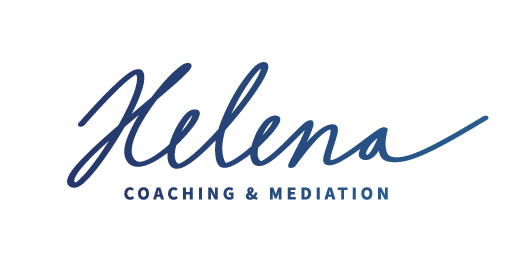
Workplace Mediation
In my practice, mediation as a service offers a strategic approach to conflict resolution; one that prioritizes collaboration, communication, and long-term relationship building. It’s designed to help people, teams, groups, communities and organizations navigate disputes and disagreements with the guidance of an impartial, professionally trained mediator.
Mediation can be particularly useful in resolving workplace disputes, team dynamics issues, or conflicts between business partners, stakeholders, or clients. It allows parties to explore their perspectives, clarify misunderstandings, and collaboratively find solutions, avoiding the need for more adversarial processes like litigation. My mediation services are tailored to create a positive, solution-focused environment where conflicts are turned into opportunities for growth and understanding.
My role in mediation is one of a neutral facilitator, helping the involved parties articulate their concerns, understand and explore underlying interests, and identify areas of common ground. The mediation process encourages open dialogue, ensuring that each party feels heard and understood, which is often the first step toward resolving conflict.
Mediation is a process of structured conversations that allows both parties to move beyond positional thinking (focusing on demands) toward interest-based negotiation (exploring why those demands matter).
My coaching background adds another dimension to the mediation process by actively applying skills and techniques that foster deeper understanding, accountability, personal awareness, and constructive communication. By integrating coaching principles into mediation practice, I offer a uniquely supportive, empowering, and transformational approach to conflict resolution. I don’t just help resolve disputes; I help parties grow through the process, equipping them with tools and insights to manage future conflicts more effectively. This combination of mediation and coaching enables clients not only reach agreements, but also strengthen their capacity for communication, collaboration, problem-solving and long-term relationship building.



